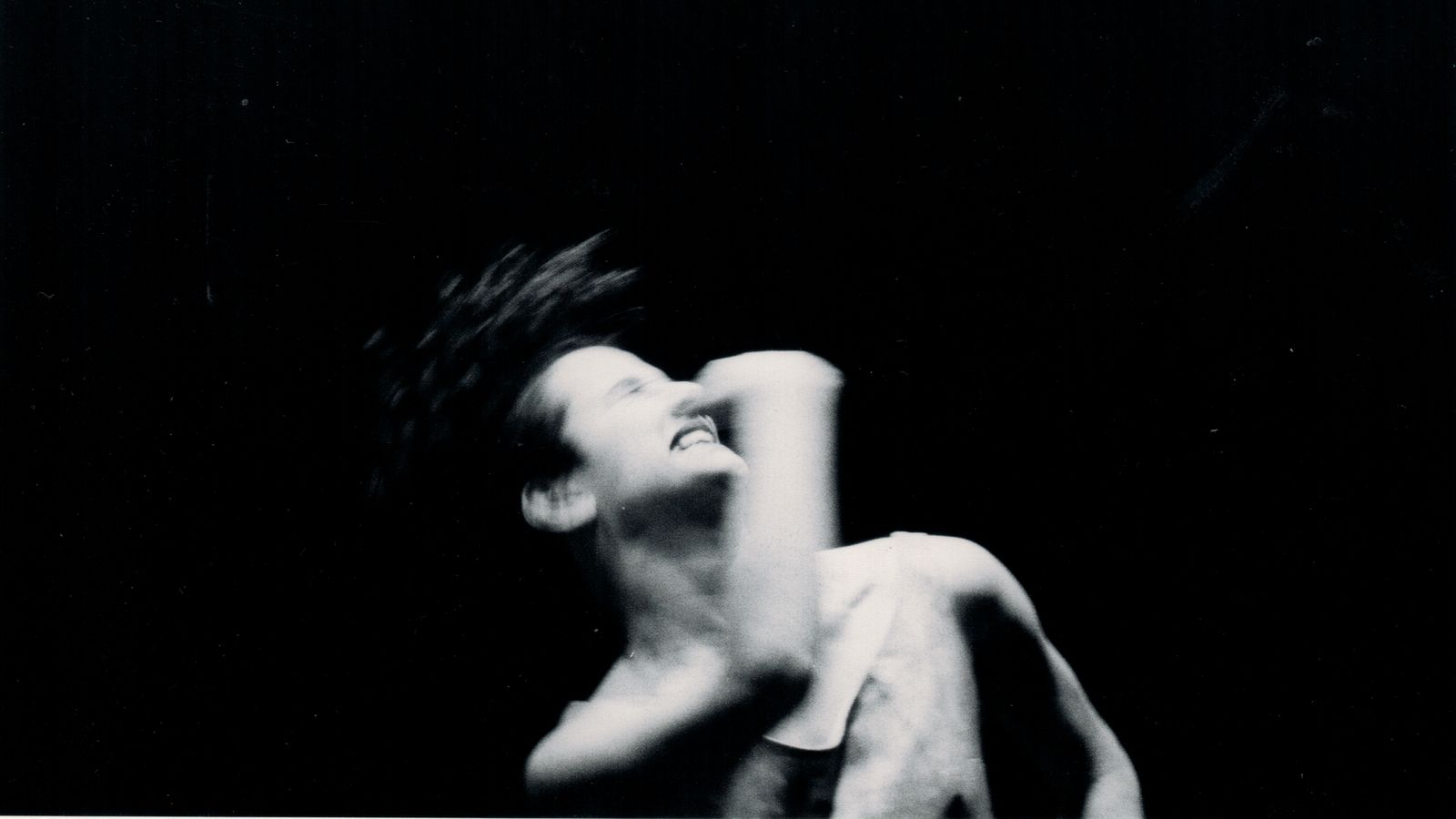Dance not dance – archaeologies of the New Dance in Portugal

The programme dança não dança – arqueologias da Nova Dança em Portugal [dance not dance – archaeologies of the New Dance in Portugal] will show different dance manifestations that reflect and marked the 20th century and the beginning of the 21st century, seeking to situate what, in the 1990s, was called the New Portuguese Dance. Curated by João dos Santos Martins, Ana Bigotte Vieira, Carlos Manuel Oliveira and Ana Dinger, the cycle is organized into ten sessions, which will be presented at the Gulbenkian Foundation between October 30 and February 4.
Each of these sessions – for the most part free entry – will show a work or a set of works from different times, including premieres and revisits of pieces that are no longer in circulation. Grouped into thematic sections, the meetings propose relationships of proximity and distance between choreographic pieces by dozens of contemporary artists, including Vera Mantero, Luís Guerra, Sofia Neuparth, Olga Roriz, João Fiadeiro, Marlene Monteiro Freitas and Diana Niepce.
Each performance is followed by a conversation about the work and the problems that its remake or transmission raise. The screening of three films made entirely from archive footage and an international conference will add to the possibilities of reading these performances and the century in which they are set.
The cycle also includes the collaboration of the Companhia Nacional de Bailado, the Escola de Dança do Conservatório Nacional, the Escola Superior de Dança and the Escola Superior de Teatro e Cinema. In the words of the curators, “involving the main institutions responsible for the transmission of dance in the country, the programme operates by displacement. Transmitting what, how and to whom? How is dance and movement transmitted? How does what is perceived or even catalogued as intangible and immaterial remain? How is a repertoire or knowledge of the past maintained (or not) in the performing arts in general, and in dance in particular?”
Dance not dance is the result of research begun in 2016 as part of the project Para Uma Timeline a Haver – genealogias da dança como prática artística em Portugal [For a Timeline to Be – genealogies of dance as an artistic practice in Portugal]. In addition to this cycle of (re)performances, films, talks and conferences, the project also includes a book and an exhibition, which will be announced throughout 2024.
The programme will be released soon.
